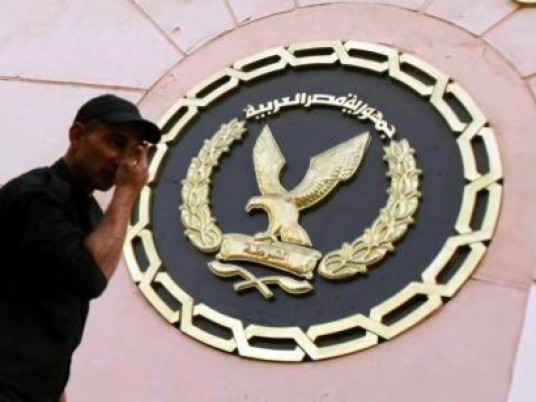
Egyptian security services arrested members of a criminal ring involved in human trafficking and facilitating the illegal harvesting, sale, and transplantation of human organs.
A statement from Egypt’s Interior Ministry on Tuesday said that three people had formed an organized criminal group involved in crimes related to human trafficking, according to investigations conducted by the Department for Combating Illegal Migration and Human Trafficking.
One of the gang members created an account on Facebook to attract individuals wishing to transfer kidneys illegally to the group. The group was in communication with others wishing to sell one of their kidneys, taking advantage of their desperation for money.
After taking the necessary legal measures, security services arrested the suspects, who later confessed to having mediated the illegal sale of human organs in a number of cases.
The criminal investigation teams were able to reach one case where a kidney was transplanted at a cost of LE 30,000.
Egyptian security services found a sum of money in the possession of the suspects, which was found to be linked to the crimes. The police also discovered a video clip documenting the sale of a kidney in a hospital in Alexandria by the group.
Due legal measures have been taken, according to the Interior Ministry statement, and police are currently intensifying efforts to identify and arrest other individuals linked with the group’s illegal, such as assistants from hospital laboratories and surgeons.
Illicit trading in human organs is a widespread crime and often understudied in circles concerned with human trafficking. According to the Washington Post, around 10 percent of all transplantations globally involve payment, a practice banned by the World Health Organization. A number of countries also have laws banning the buying and selling of human organs and prevent physicians from conducting transplants using organs obtained through illegal trafficking.
Refugees desperate for money are often the victims of the illegal organ trade in Egypt, where a government crackdown on human trafficking has led to increased smuggler fees. In this context, some so-called “organ brokers” have taken to approaching migrants and promising them passage to Europe in exchange for donating an organ, according to a 2019 report from The Guardian.
Edited translation from Al-Masry Al-Youm




